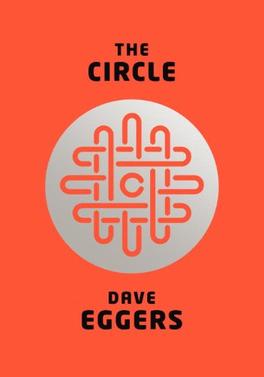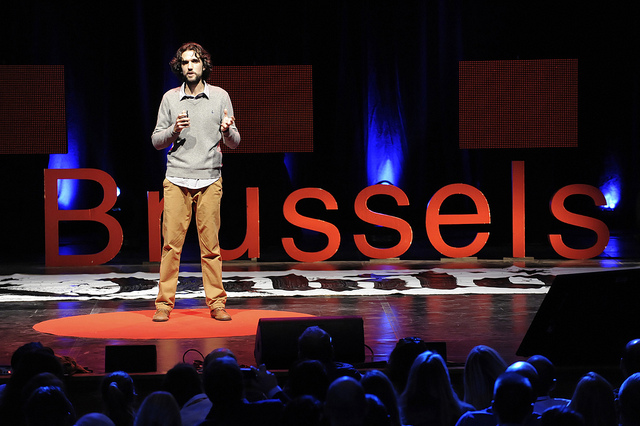A couple of years ago, a blog post about life and happiness went viral. It was written by a nurse named Bronnie Ware in New South Wales, Australia. As a nurse, she took care of people with terminal diseases, washing them, feeding them, talking to them. Her work is hard, her days are long. She is the care-taker of people who are about to die. The proximity of their death helps people to reflect and find wisdom. And listening to terminal ill people taught Bronnie a lot about life. She wrote down what she learnt in a blog post.
Five regrets of the dying
It was called: ‘five regrets of the dying’. And the five regrets went like this:
- I wish I had the courage to live a life true to myself, not the life others wanted
- I wish I had the courage to express my feelings
- I wish I had stayed in touch with my friends
- I wish that I had let myself be happier
- And I wish I hadn’t worked so much.
The last regret, coming at such a moment of life when the latest seconds are ticking away, I believe, is one of the most important pieces of wisdom about life and happiness. In short, it goes into one of the fundamental complexities many people are facing: to find work-life balance.
If urgent, please text
New technologies ubiquitous in the 21st century make it even more challenging to find the right balance between work and family or private life. With smartphones and 4G, we can be be in touch with friends or colleagues from the supermarket, queuing for a French fries, or the toilet. I liked to joke that if phone were waterproof, technology would invade the last place where we are free with our thoughts. But apparently – and scarily – there are already at least 13 waterproof phones!
In some working environments – such as consulting, where I spent my working days – it is a natural facet of a service attitude that comes with the job to be available to clients and colleagues outside working hours. Sometimes, with a good dose of exaggeration and self-pity, we joke that we don’t have a problem with work-life balance, because work takes priority anyway. And when we are not available, for a meeting, a conference, or a day off, we typically inform colleagues. Usually, my message goes something like: if you have an urgent question, please send a text. Or in short: if urgent, please text.
Finding the right balance
Striking the right balance is hard. Some of the consequence of an incorrect balance are small: you may come home too late to go to the supermarket, end up tired on the couch for a night, or fail to make plans for the weekend. But some of the potential consequences are a lot more significant. Around 22% of workers experiences extreme stress. 4 out of 10 workers in the US go beyond 50 hours. And burnouts risk to lead to a depression, which is suffered by about one out of six people during their life time. Beyond that, an unhealthy family life is related to marital stress and behavioural problems of children.
The boss can help…
Companies increasingly recognise the problem, either out of the goodness of their heart or because of the realisation of negative impact on staff turnover, sick leave, and productivity. There are many things bosses can do and are doing to increase work-life balance and happiness at work. They can allow part-time working, or flexible working hours, or limit working hours. They can ensure child-care facilities.
Something that would be useful for me as an individual, but arguably difficult for my sector is setting limits when you can access emails. In Germany, Labour Ministry guidelines prescribe that the ministry’s hierarchy cannot call their subordinates after working hours. And Volkswagen has installed a system that makes that people can’t send or receive emails half an hour after working time.
… but ultimately it’s up to ourselves to balance work and life
But as I already hinted before, work-life balance is a personal issue, and comes a lot with your personal attitude about work. The key points are:
- be honest to yourself. A career is a choice. Some choices are incompatible with a healthy family life. A challenging job where you need to work very long hours or to travel all the time makes it difficult to balance a private life
- manage your time. Sometimes there are key deadlines to meet, and work requires to stay a bit longer. But in many cases, the decision to leave a bit earlier or to stick around a bit is up to you. In quiet times – as July should be – there is space to take it a bit easier without affecting quality.
Some of these attitude can be changed. As I said, my habit is to inform my colleagues: “if urgent, please text”. A couple of weeks ago, shockingly, I had to go somewhere where I couldn’t bring my phone. So instead I wrote: if urgent be patient.
That’s what I strive for – to keep patience and calm even facing urgencies. Because I realise that in a couple of years time, I don’t want to wake up and realise I am turning into one of these people who in front of the eyes of death tell those around them: I wish I hadn’t worked so much.
If urgent, be patient.


